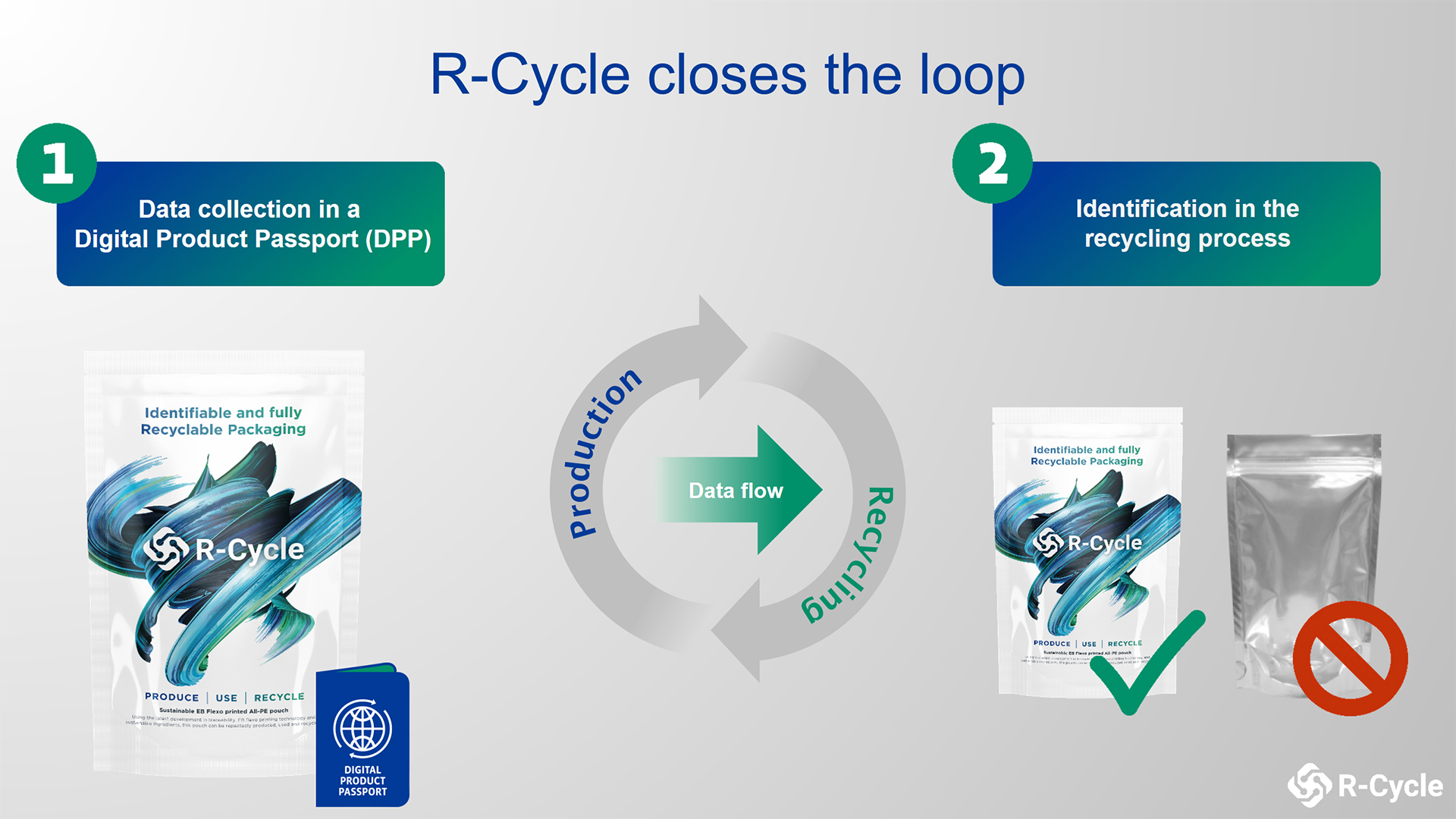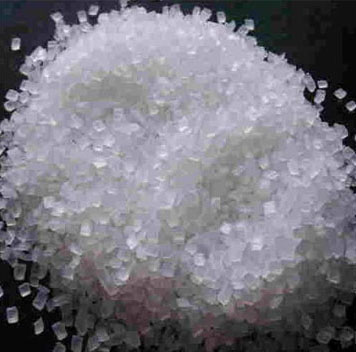Gulf oil producers said on Sunday they can tolerate moderate crude prices for longer to help revive global growth, but shared a concern with consumer nations that a prolonged period of low prices could sow the seeds of a future fuel price spike.
At a meeting with Asian oil consumer countries including Japan and China, the two sides agreed oil prices will need to rise eventually to support investment in production capacity to prevent prices getting out of control when demand rises again.
Middle East OPEC members said they were satisfied with oil at $50 a barrel or less while the economy was on the mend. That suggests Gulf producers may push the Organization of the Petroleum Exporting Countries to maintain a moderate stance when the group next meets on May 28 to decide output policy.
“I think this is very pragmatic, $40-$50 this is a pragmatic price for 2009,” said Qatari Oil Minister Abdullah al-Attiyah.
Saudi Oil Minister Ali al-Naimi said $50 oil was Riyadh’s “contribution to the world economy.”
U.S. oil closed at $51.49 on Friday, having recovered from a December low of $32.40 after OPEC cut production to counteract falling fuel demand as the economy headed for recession. Crude set a record over $147 in July of last year.
Consumer nations are concerned that canceled and deferred oil production projects could leave supplies short when the economy recovers.
“When the market is getting tighter again and demand comes back and the economy is recovering, we may see a bigger problem,” said Nobuo Tanaka, Executive Director of energy consumer body the International Energy Agency.
“I have often cautioned that if prices remain too low for too long, they can carry the seeds of future price spikes,” said Naimi.
Saudi said in December that $75 a barrel was a fair price for both producers and consumers that would guarantee future supplies.
Naimi said Saudi Arabia was on schedule with plans to raise production capacity to 12.5 million barrels a day by the middle of the year, even though Riyadh is now pumping less than 8 million bpd.
“This significant spare production capacity will mitigate any future shortages,” Naimi said in a speech to the one-day meeting in Tokyo.
State oil company Saudi Aramco said on Saturday it was opening the giant Khurais oilfield in June. The project is one of the biggest ever single additions to world oil supplies.
Energy officials also stressed the need for improved data on oil demand and supply, including growth projections that might give producers greater clarity for the demand security they require for capacity investments to reduce the risk of future shortages.
They also voiced support for increased oversight by regulators, including position limits, to curb speculation in commodities markets.
Source: news.chemnet.com






